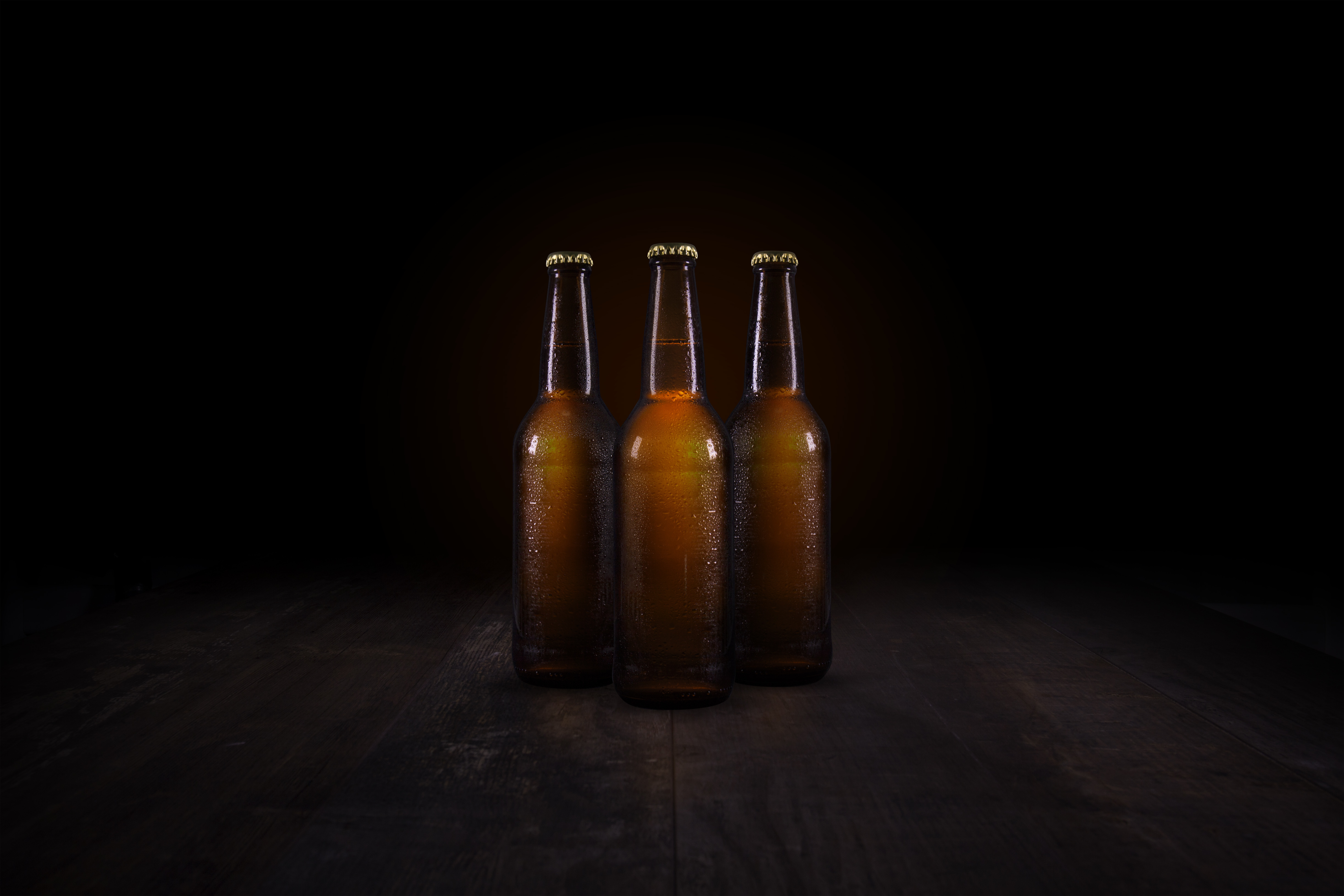Watch our final webinar in the Instant Innovation Series - 'Brewmasters Virtual Roundtable'
Brewmasters Virtual Roundtable
Esko Pajunen
- A former president of the EBC, and the Finnish brewing research laboratory, joined Sinebrychoff in 1979.
- After holding positions as R&D Manager and Production Director, Esko excelled to Group VP for R&D with the Carlsberg Group and Head of Research at the Carlsberg research centre.
Kurt Marshall
- Head Brewmaster at the VLB Berlin, held this role since 2009 and has over a decade of experience working with VLB member companies on product and process development projects.
- Prior to this he worked with various British and German breweries gaining exposure to the production of many different beer styles.
Colin Wilson
- MD of Totally Natural Solutions Ltd, producers of high-quality natural hop aroma and flavour extracts for late and dry hopping.
- Colin earned his degree in chemistry from Edinburgh University and after a spell in pharmaceuticals was appointed operations director for Barth Haas UK.
- Since 2013 Colin has led TNS as the MD and one of the founding members, now distributes their products globally to craft and industrial brewers.
Roddy McEwan
- Currently the head of technical innovation at C&C Group based in Tennent’s Wellpark Brewery (Glasgow)
- Roddy has experience working with most of the major global brewers (Molson Coors, SAP Miller, Carlsberg & Scottish and Newcastle).
- He also holds the role of Vice Chair at the Industrial Advisory Board at the ICBD within the Heriot Watt University.
We asked our panelists their insights on current trends within the industry.
Esko mentions that there are a number of rising trends, he continues to discuss the trend of hard seltzers.
- Within large breweries there is a view to expand outside of traditional brewing. An interest in developing into ciders and hard seltzers in response to the wellness issues that are associated with the industry.
- In the 1990s hard seltzers were produced from a gin base with grapefruit flavourings.
- Now, new production options are available in this area:
- Firstly, sugar fermentation - A more straight forward approach, the challenges of this are the fermentation bi-products and the disposal of such bi-products.
- Secondly, malt base - Using wort and letting that ferment in the same way. Using malt provides more options, giving the option of producing full bodied or a straight, light alcohol base.
- In conclusion one expansion method brewers may look towards now and in the near future is using their current brewing equipment to create and innovate within the category of hard seltzers and health alternatives.
Kurt was asked within his experience at the VLB where have you noticed the focus in the industry move to?
He mentions the reaffirmation of the hard seltzer category and discusses the natural repeating cyclical popularity of hard seltzers.
- The previous negative image of hard seltzer in the United States has been overcome through new marketing, a new generation and new production techniques.
- Alcohol-free beers are another trend we have noticed, additionally bio-transformation and hop creep.
- Current research is being carried out into hop creep, looking into why cold hop/dry hop beer aromas are changing over time, primarily the interaction between the yeast and the hops.
Roddy from your perspective after working with a few of the world’s largest brewers where do you see the industry going now?
Roddy identified three key themes with focus on one large trend.
- The first theme was the consumers changing habits, the desire for new drinking experiences when entering a bar this includes drinks such as seltzers.
- Secondly, the trend that consumers are becoming increasingly interested in where products are coming from including the processes and techniques that are going into making the product. This closely associates with provenance and authenticity.
- Thirdly, Roddy discusses the trend of consumers interest in the fun that our products can provide without the detrimental health effects, we have seen a huge growth in the area of 0.0% alcohol products.
The large trend Roddy goes on to analyse is the trend of sustainability.
- This trend affects all areas of businesses and it requires all businesses to react to it.
- Consumers are now expecting sustainability, suppliers choose their preferences based on sustainability, government and wider society are becoming interested in decision making based on sustainability, shareholders make investment decisions based on sustainability and employees seek employment with sustainable organisations.
- One element of sustainability Roddy has been investigating is what we do with our waste products, looking into how to get the most value out of our waste.
- Wastewater can be used to grow algae, this allows them to generate biomass, this goes into the production of bio-ethanol.
- Spent grain can be used in the creation of acetone, butanol and ethanol.
- You can use pyrolysis to produce bio-char and bio-oil which are very high value.
- Somebody is using E. coli to digest spent grain, which is used to make hydrogen.
- Finally, there are people separating spent grain out into a higher protein fraction and using that to supplement food items for the human food chain.
Colin, how do you see brewers using this crucial ingredient in more novel ways today?
- The most important aspect of the hop industry has been the amount of innovation we have seen in the last ten years, this comes in the form of creative and innovative beer styles.
- Hop growers are growing new varieties with new aromas that ten years ago would not have been considered successful.
- The need for provenance and natural extracts which have come a long way from extracts that have existed in the past.
- Extracts need to be natural, clean label and ultimately sustainable. This has seen the need for collaboration. This exists by linking brewers, organisations such as TNS and universities to work together with their specific skill sets.
Watch Next:
0.0% Alcohol-Free Beer Webinar
Premium Pilsners Webinar
Blondes, Bocks & Bitters Webinar
Dark, Schwarz & Stouts Webinar
If you require further information please feel free to get in touch with our  form.
form.
We hope you find our webinars useful!



